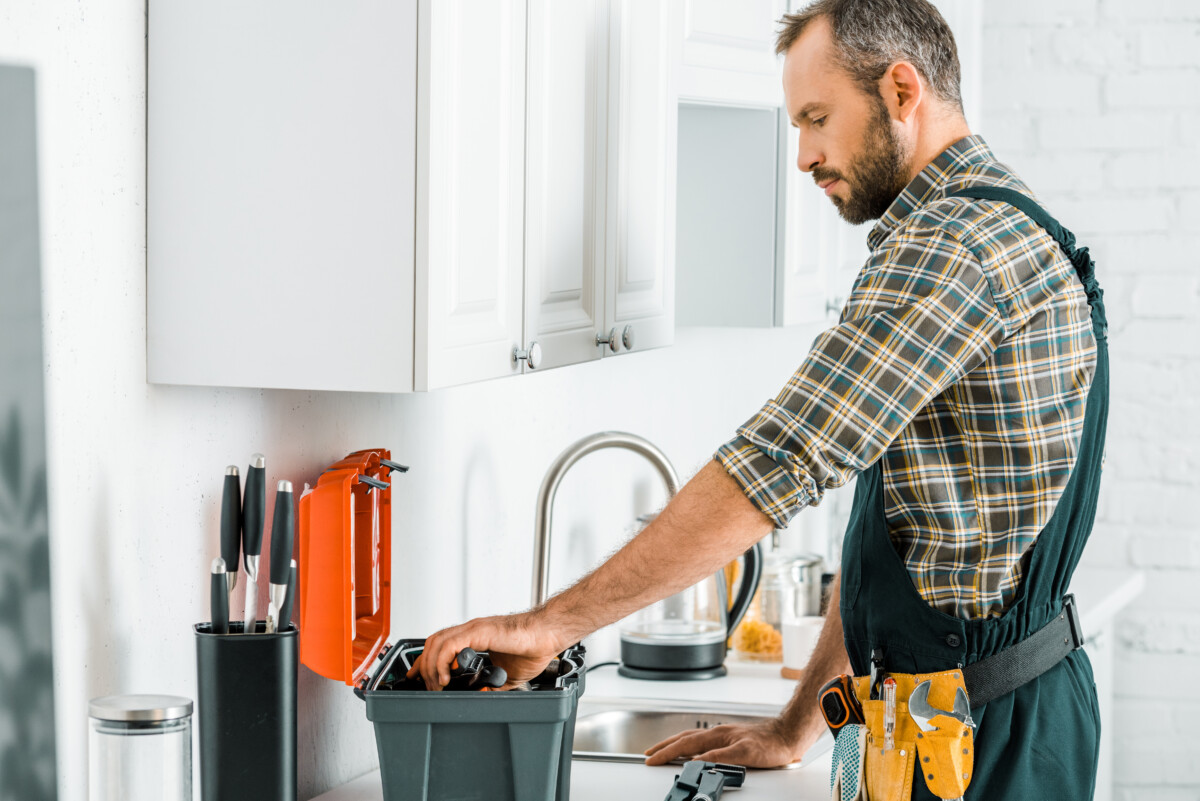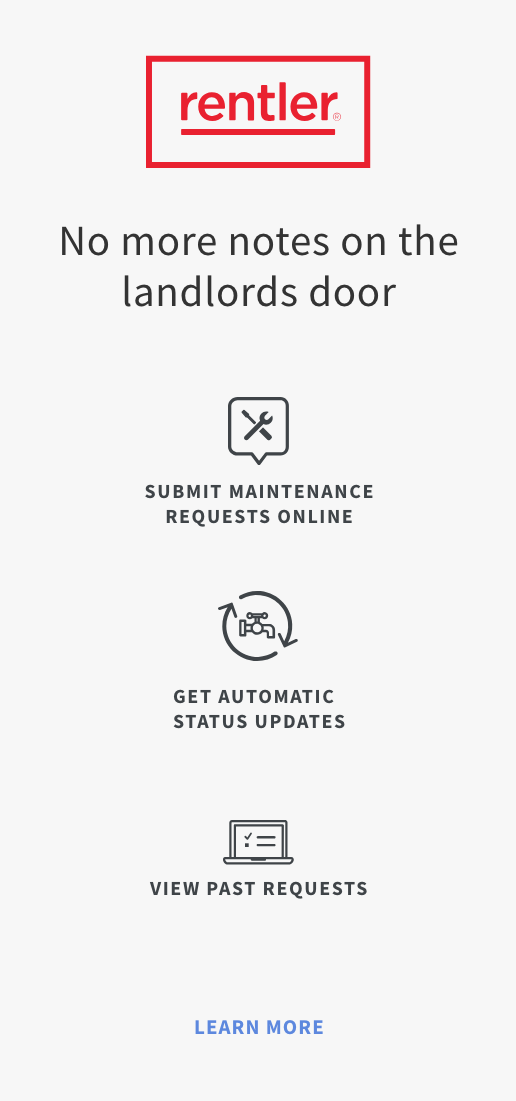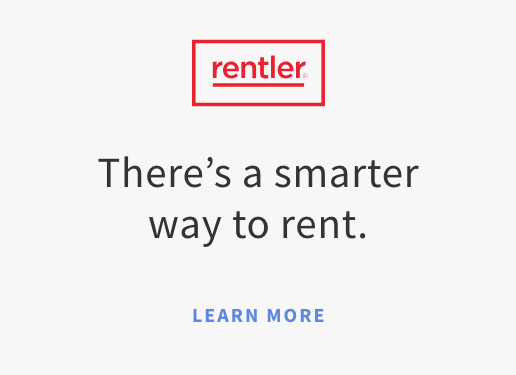The legal standard says that landlords should make sure that their units have certain basic amenities and are safe and habitable for tenants to live in. This includes providing functioning heating, plumbing, and electrical systems, as well as ensuring that the unit is structurally sound and free from infestations or hazardous conditions.
Additionally, landlords are typically responsible for maintaining common areas, such as hallways and stairwells, and making any necessary repairs to keep the property in good condition. Failure to meet these basic requirements can result in legal consequences for the landlord and potential harm to the tenant.
Reasonable Amount of Time
The answer to this question varies by state and depends on the severity of the issue. In general, landlords are required to address and complete necessary repairs in a reasonable amount of time. If a repair is urgent, such as a gas leak or broken heater in the winter, landlords must act immediately to fix the issue.
Navigating Unfinished Maintenance Requests: Advice for Tenants
As a tenant, it can be frustrating to have a maintenance request go unanswered. You rely on your landlord to keep your home safe and comfortable, and when things go wrong, it’s their responsibility to fix them. But what should you do when your maintenance request isn’t completed? Here are some steps to take:
- Follow up with your landlord
Before taking any other action, it’s important to follow up with your landlord or property manager. They may not be aware that your maintenance request has gone uncompleted, or there may have been a miscommunication. Contact them via email or phone and ask for an update on the status of your request.
- Document the issue
If your maintenance request is still unresolved after following up with your landlord, it’s important to document the issue. Take photos of the problem and keep any relevant communication with your landlord or property manager. This documentation may be useful if you need to escalate the issue later on.
- Review your lease agreement
Your lease agreement may provide guidance on how to handle unresolved maintenance requests. Check to see if there are any clauses related to maintenance and repair, or if there are any specific requirements for how tenants should report issues.
If you’re a tenant and need to submit a maintenance request to your landlord, Rentler provides an easy and convenient way to do so. Provide a detailed description of the issue, and attach photos to help your landlord better understand the problem. Once you submit the request, your landlord will receive a notification and can then address the issue in a timely manner. By using Rentler to submit maintenance requests, you can streamline the process and ensure that your rental unit remains in good condition.
- Contact local housing authorities
If your landlord is not responding to your maintenance request and you feel that your health or safety is at risk, you can contact local housing authorities for assistance. They may be able to inspect your unit and issue a citation to your landlord if they find any violations.
- Seek legal assistance
In some cases, unresolved maintenance requests may require legal action. Contacting a tenant rights organization or a lawyer who specializes in landlord-tenant law can help you understand your legal options.
When Maintenance Requests Go Unanswered
The “Right to Repair and Deduct” is a legal term used in some states, such as California, that allows tenants to complete necessary repairs themselves and deduct the cost from their rent payment. Before doing so, the tenant must notify the landlord of the required repair either verbally or in writing. If the landlord does not respond or address the issue, the tenant can proceed with the repair. However, the amount deducted from the rent cannot exceed one month’s worth.
On the other hand, landlords are not obligated to complete repairs caused by the fault or negligence of the tenant, tenant’s household members, or guests. In such cases, the tenant is financially responsible for these repairs.
Overall, landlords are responsible for completing necessary repairs in a reasonable amount of time. Remember to always document all communication with your landlord and consult with a lawyer if necessary.




